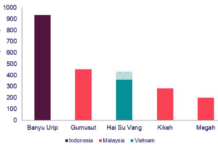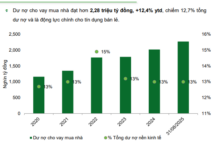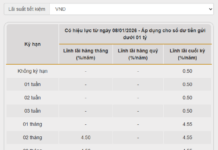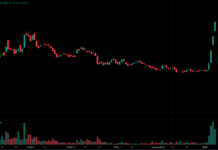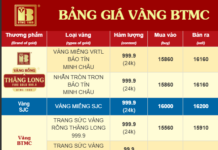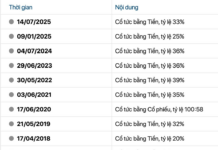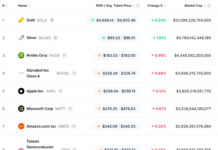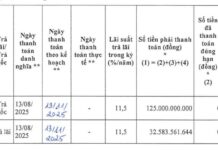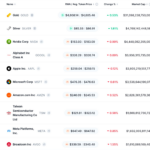
Illustrative Image
The surge of affordable Chinese electric vehicles (EVs) is shaking the decades-long dominance of Japanese automakers in Southeast Asia, a region long considered the stronghold of Toyota, Honda, and Nissan.
According to PwC’s analysis, Japanese carmakers’ market share in the six largest Southeast Asian markets dropped to 62% in the first half of 2025, down from an average of 77% in the 2010s. Meanwhile, Chinese brands have rapidly gained ground, capturing over 5% of the region’s annual sales of 3.3 million vehicles.
Patrick Ziechmann, a partner at PwC Malaysia, remarked: “The entry of Chinese EV manufacturers signals the end of Japan’s unchallenged dominance in Southeast Asia.”
In Indonesia, the region’s largest consumer market with nearly 280 million people, Chinese EV sales have soared despite an overall market decline due to economic challenges. While Toyota remains the leader, its sales fell 12% to 161,079 units in the first eight months of the year. In contrast, China’s BYD tripled its sales to nearly 19,000 units. With starting prices as low as 200 million Rupiah (approximately $12,000), Chinese EVs offer a significant competitive edge.
Jongkie Sugiarto, Vice Chairman of the Indonesian Automotive Industry Association, stated: “Price is the deciding factor. Japanese manufacturers must act, or they risk losing market share.” Approximately 15 Chinese brands are now present in Indonesia, with some establishing local production or assembly facilities.
In Singapore, BYD has even overtaken Toyota as the top-selling brand this year. Its strategy of modern showrooms in shopping malls and partnerships with entertainment hubs has helped the Chinese brand directly engage consumers. Japanese automakers acknowledge the challenge of competing with their rivals’ EV advantages.
Chinese automakers are not only competitive on price but also lead in software technology. Xpeng introduced the X9 model, featuring smartphone-controlled parking, to the region earlier this year. Brian Gu, Chairman of Xpeng, affirmed: “We view Southeast Asia as a market brimming with potential.”
However, this growth faces hurdles. Many Southeast Asian countries require local production to qualify for subsidies. Indonesia will end tax exemptions for imported EVs starting next year. In Thailand, Neta has been warned it may need to repay subsidies if it fails to meet local production quotas.
S&P Global Mobility predicts Chinese brands could capture up to 20% of Thailand’s auto market by 2032. The shift in production is evident as Subaru closed its Thai plant, and Suzuki plans to exit by late 2025, while BYD has begun exporting vehicles from Thailand to Europe.
Liu Xueliang, BYD’s Asia-Pacific Sales Director, emphasized: “Japanese automakers once drove regional economic growth. But consumers will ultimately decide who emerges victorious.”
The rise of Chinese EVs in Southeast Asia not only challenges Japan’s dominance but also marks a new phase in the global automotive competition, where pricing, technology, and localization policies play decisive roles.
Source: FT
“Digital Banking Unicorn Tyme Group Sets Sights on Vietnam Following Philippine Success”
The digital banking wave is sweeping across Southeast Asia, with digital lending growth surging over 20% annually, igniting fierce competition among the region’s tech giants. Amid this landscape, Tyme Group, a Singapore-based digital banking unicorn, has unveiled plans to enter Indonesia this year, with Vietnam on its radar for the near future.
Ho Chi Minh City Surpasses Bangkok in Global Financial Hub Rankings
The consistent rise in rankings underscores Ho Chi Minh City’s steady progress toward its goal of becoming a global financial hub.
Thai Conglomerate Secures $400M from Italian Exit, Eyes Billion-Dollar Expansion in Vietnam
According to Bangkok Post, Central Retail Corporation (CRC) is reportedly selling its high-end Italian department store chain, Rinascente. This move is believed to be part of a strategic portfolio optimization, allowing the Thai retail giant to focus its efforts on core growth markets, namely Thailand and Vietnam.
Estuary Joins Constellation Software: Expanding Global Vision
Estuary Joint Stock Company (Estuary), a Vietnam-based software technology firm specializing in delivering software solutions to multinational corporations, proudly announces its official membership in Constellation Software Inc.




